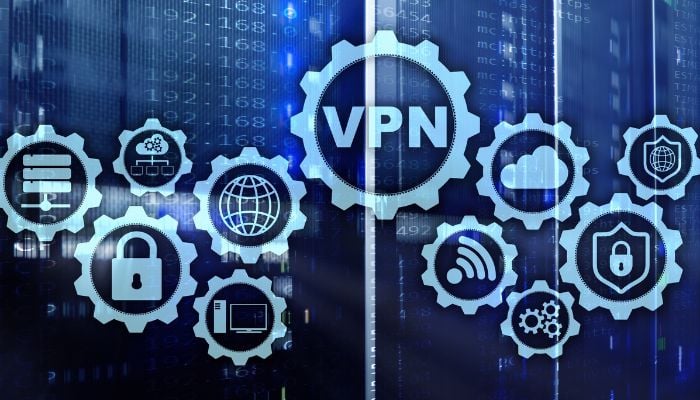
In Pakistan, Virtual Private Networks (VPNs) have become a hot topic due to the increasing regulation of internet usage and VPNs themselves. With the government requiring VPN registration to monitor online activities and combat cybercrime, users are questioning the balance between security and privacy.
This shift has sparked debates among tech experts and netizens about the broader implications for digital freedom. While proponents argue that regulating VPNs can help curb illegal activities and improve cybersecurity, critics worry it could limit access to global content and stifle online freedom.
What is VPN?
A VPN is a tool that helps protect users' online privacy and security. It works by creating a secure connection between your device and the internet.
Read more: PM adviser Rana Sanaullah discloses reason behind VPN blocking
When you use a VPN, your online activity is hidden from hackers, advertisers, and even your internet service provider.
Why is it used, and how?
VPN establishes a connection between devices and a restricted web address on the internet, making your data safe from hackers or surveillance. VPNs are often used to access restricted websites or to keep online activity private.
Read more: Is VPN usage un-Islamic? CII faces backlash for opposition
Another reason to use a VPN is to access content that may be restricted in your country. For example, you can watch movies or use apps that are blocked in your region by connecting to a VPN server in another country.
Using a VPN is simple. Once installed on your smartphone, computer, or tablet, the VPN routes your internet traffic through a private server.
This hides your real IP address and encrypts your data, keeping it secure from prying eyes. For many businesses, VPNs are essential for protecting sensitive information and ensuring remote employees can work securely.















